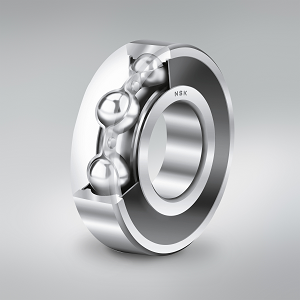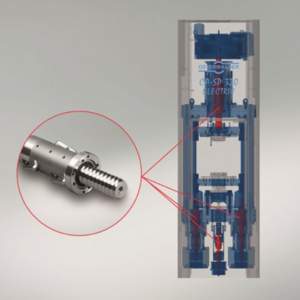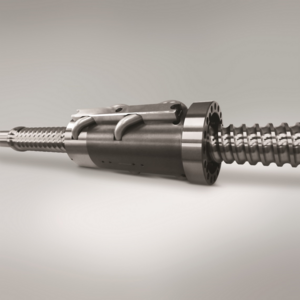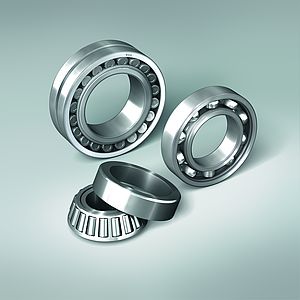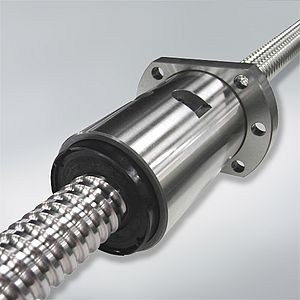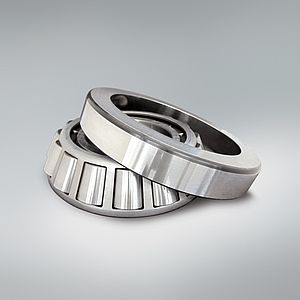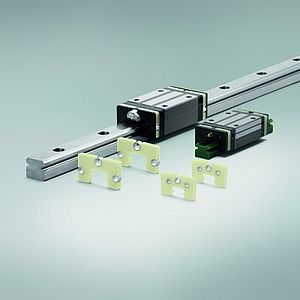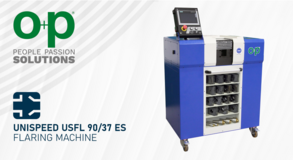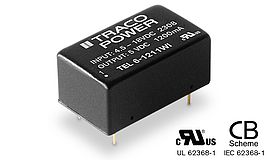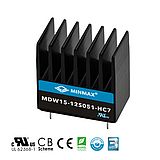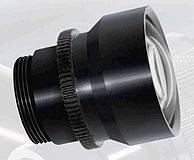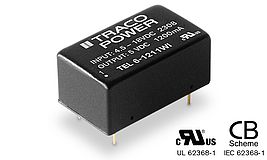When looking to design energy-efficient drive systems, engineers should always ensure that they take the rolling bearings into account. NSK has developed several series of ball bearings that offer significantly lower friction characteristics. They achieve significantly less frictional torque than conventional bearings of the same type. The inherent friction which occurs from the motion of the rolling elements on raceways, as well as the contact of conventional seals, can compromise drive efficiency. As a result, NSK low-friction rolling bearings feature, among other attributes, proprietary geometry that reduces the contact surface between the balls and raceways. In addition, fibreglass-reinforced polyamide cages and high-performance lubricants can provide a significant contribution to lowering frictional torque.
Smooth surfaces for optimized results
Production processes are another important factor in the creation of low-friction ball bearings. Here, any roughness in the bearing raceway is likely to impair lubrication, increase running noise and generate greater friction. This is why the raceways of NSK ball bearings undergo a bespoke honing process that is designed to deliver an extremely smooth running surface.
Up to 47% reduction of frictional torque
With regard to seal technology, the non-contact labyrinth design developed and patented by NSK ensures efficient sealing properties without increasing frictional torque or operating temperature. This is vitally important in applications where any loss of performance is deemed to be particularly detrimental. NSK ball bearings featuring non-contact labyrinth seals offer high-speed capability comparable with shielded bearings, while at the same time providing important protection in harsh operating environments. A variety of other sealing options are available depending on application requirements. By way of example, the recent adoption of low-friction deep groove ball bearings at a customer made it possible to reduce frictional torque by 47% in comparison with commonly-used standard ball bearings of the same type.


